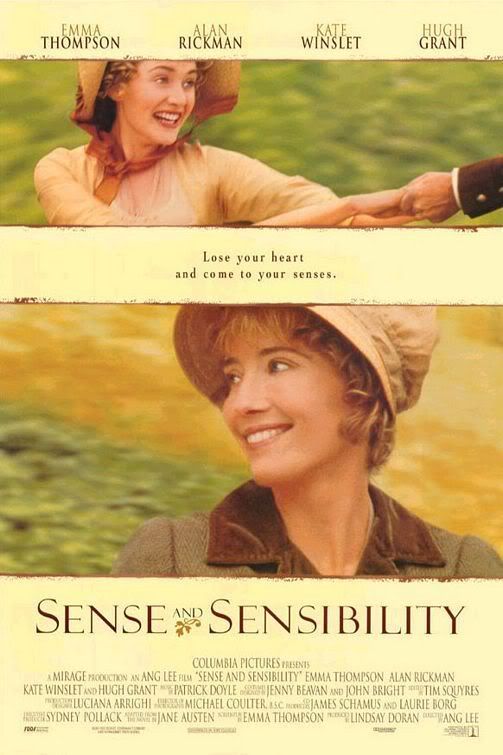 I'm not usually one to review picture books for kids, but when Micah Linton asked if I'd be interested in reviewing Plight, the second book in his Weebeasts series, I had to say yes. If his books imitated the free spirit of the website, I was sure I'd enjoy them.
I'm not usually one to review picture books for kids, but when Micah Linton asked if I'd be interested in reviewing Plight, the second book in his Weebeasts series, I had to say yes. If his books imitated the free spirit of the website, I was sure I'd enjoy them.I wasn't disappointed. This is a beautiful book.
The story itself is simple--the Weebeasts have been bullying (and enslaving) their neighbors, and when their neighbors fight back, the Weebeasts are driven out and forced to search for another home. Along the way, they learn to engineer things and to be more self-sufficient, and just as important, they don't give up their search. In the end, they meet another creature whose help they have to take to find a home, which I assume isn't something they would have done in their old home.
At first, I wished for an individual to follow through the story, rather than following a whole group, but I realized that's something I look for as an adult; it wouldn't have bothered me as a kid not to have one main character. The quest of the group is more important than any one character.
The day after Plight arrived, I received another box--this one containing Weebeastology and a Weebeast toy.* Weebeastology contains illustrations of Weebeasts and their adventures, some from the books and some not.** I'm undecided as to whether I prefer the wordless books or the book with a story; I like the idea of making up your own story to go with Linton's illustrations.
My husband suggested I send Weebeasts to my sister and niece to enjoy, but I like the idea of having it to read to our own kids someday, so I'm going to hold onto them. And if we do have those kids, I'll be looking for the rest of the Weebeasts series to add to the kids' book collection.
At the moment, Linton has planned seven books, but may have more. Since the Weebeasts' history parallels much of humanity's, Linton says, "it will be fun to explore new paths" for their stories, and he suggests that one story will reveal how Weebeasts "evolve into elves of folklore." (I'm really looking forward to that one.)
*You can see pictures at Reading Rumpus, who received the same package--and is giving hers away.
**Unfortunately, some of the artwork in Weebeastology gets lost in the crease.
Many thanks to Micah Linton for sending me this wonderful set.














